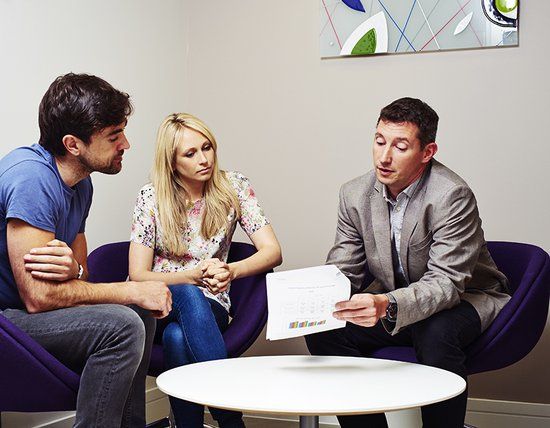The dedicated Fertility Week on ITV’s This Morningrecently provoked some interesting questions. Not least the understanding of our own fertility. Do you know how fertile you are, or indeed if you may need help to have a baby?
Typically our patients only find out they have a fertility problem when they start trying to conceive, and nothing happens. After a few months they may visit their GP, who will either send them away to continue trying or will send them for fertility investigations. This whole process of trying and testing can take many months and can be very stressful for a couple who are now facing the possibility of needing infertility treatment, which they may have to fund themselves, depending on where they live if their local NHS offers it to them.
There’s no doubt we should all be more fertility aware. Yes, women are becoming more conscious of declining fertility as they age, but the numbers of babies being born to older mothers is showing no sign of decreasing. And many men still aren’t aware that just as egg quality declines in women, sperm quality declines in men as the years advance.
It doesn’t mean of course that you can’t get pregnant naturally if you’re over a certain age. But the longer you wait to have a baby, the higher the possibility that you may need help to have one and even then your chances of success could be slim. IVF success rates in women over 40, using their own eggs, is so low compared to women in their early 30s. Those extra years make all the difference in egg quality and it’s why, if you’ve in your early 40s, you may be told your best chance of a baby is with a donor egg.
So if you’ve ever thought about having a baby at some point in your future, realistically ask yourself when you hope this will be. Make the effort to educate yourself about your own fertility. Don’t be afraid to find out what your fertility levels are – remember we offer Fertility MOTtesting here which can give you a good indication of how fertile you are, and crucially if there are any underlying problems which could affect your chances of having a child naturally.
By understanding your own fertility, you’ll be able to make informed choices about when you may wish to start a family, and be prepared in case you do need our help.
Last updated: 20th January 2020





